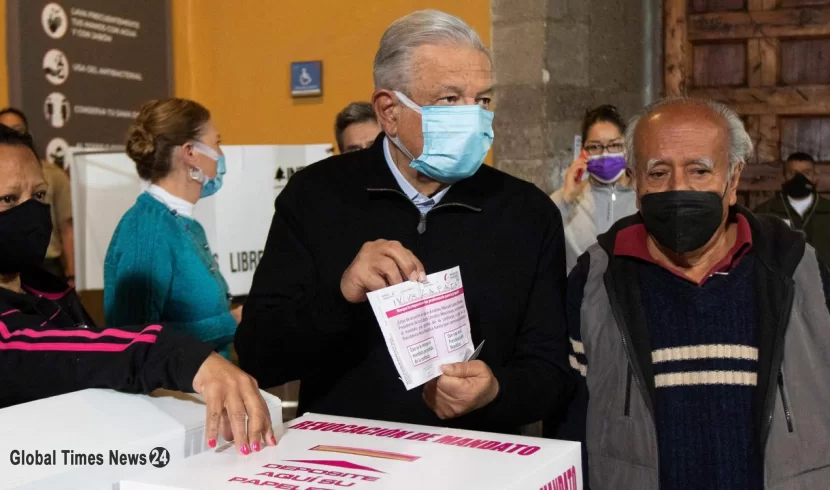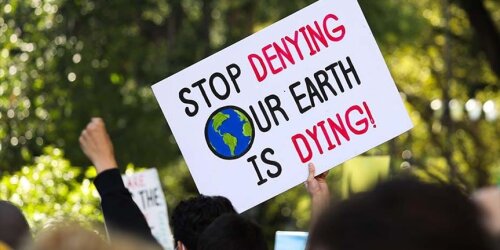Thousands protest in Armenia calling for PM to resign
Protesters demanding that Nikol Pashinyan step down gather in front of parliament building in wake of clashes on Armenia-Azerbaijan border
Protesters demanding that Nikol Pashinyan step down gather in front of parliament building in wake of clashes on Armenia-Azerbaijan border
 Mexican President Lopez Obrador survives 'recall referendum'
World
Mexican President Lopez Obrador survives 'recall referendum'
World
 Israel elections; Why the language of hate is a real security threat?
World / Opinion / Breaking News
Israel elections; Why the language of hate is a real security threat?
World / Opinion / Breaking News
 EU’s Borrell Expresses Deep Concern Over Rising Tensions in Southern Lebanon
World / Breaking News
EU’s Borrell Expresses Deep Concern Over Rising Tensions in Southern Lebanon
World / Breaking News
 Saudi-Israel normalization of relations; terms & conditions
World / Breaking News / Opinion
Saudi-Israel normalization of relations; terms & conditions
World / Breaking News / Opinion
 Putin not willing to extend New Year's greetings to 'unfriendly' leaders: Kremlin
World / Breaking News
Putin not willing to extend New Year's greetings to 'unfriendly' leaders: Kremlin
World / Breaking News
 Armenia detains more than 200 in protests against PM Pashinian
Human Rights / Breaking News
Armenia detains more than 200 in protests against PM Pashinian
Human Rights / Breaking News
 On National Mourning Day, Azerbaijan remembers 147 civilians killed
Human Rights
On National Mourning Day, Azerbaijan remembers 147 civilians killed
Human Rights
 Global climate strikes, environmental protests in 2021
World
Global climate strikes, environmental protests in 2021
World
 Outrage in America as protesters take to streets after Roe v Wade ruling
Human Rights / Breaking News
Outrage in America as protesters take to streets after Roe v Wade ruling
Human Rights / Breaking News
 Ottawa officers use pepper spray, stun grenades to clear protesters
Human Rights
Ottawa officers use pepper spray, stun grenades to clear protesters
Human Rights